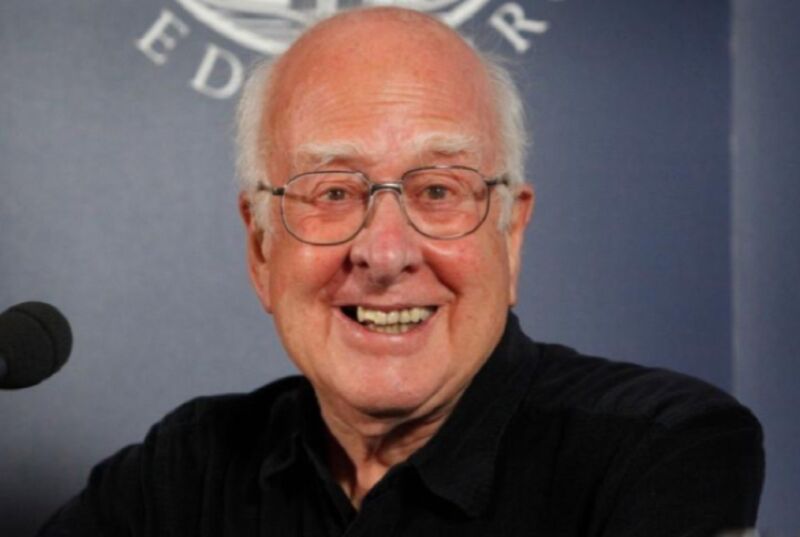RIP Peter Higgs, who laid foundation for the Higgs boson in the 1960s

Enlarge / A visibly emotional Peter Higgs was present when CERN announced Higgs boson discovery in July 2012. (credit: University of Edinburgh )
Peter Higgs, the shy, somewhat reclusive physicist who won a Nobel Prize for his theoretical work on how the Higgs boson gives elementary particles their mass, has died at the age of 94. According to a statement from the University of Edinburgh, the physicist passed “peacefully at home on Monday 8 April following a short illness.”
“Besides his outstanding contributions to particle physics, Peter was a very special person, a man of rare modesty, a great teacher and someone who explained physics in a very simple and profound way,” Fabiola Gianotti, director general at CERN and former leader of one of the experiments that helped discover the Higgs particle in 2012, told The Guardian. “An important piece of CERN’s history and accomplishments is linked to him. I am very saddened, and I will miss him sorely.”
The Higgs boson is a manifestation of the Higgs field, an invisible entity that pervades the Universe. Interactions between the Higgs field and particles help provide particles with mass, with particles that interact more strongly having larger masses. The Standard Model of Particle Physics describes the fundamental particles that make up all matter, like quarks and electrons, as well as the particles that mediate their interactions through forces like electromagnetism and the weak force. Back in the 1960s, theorists extended the model to incorporate what has become known as the Higgs mechanism, which provides many of the particles with mass. One consequence of the Standard Model’s version of the Higgs boson is that there should be a force-carrying particle, called a boson, associated with the Higgs field.
This post has been read 71 times!
